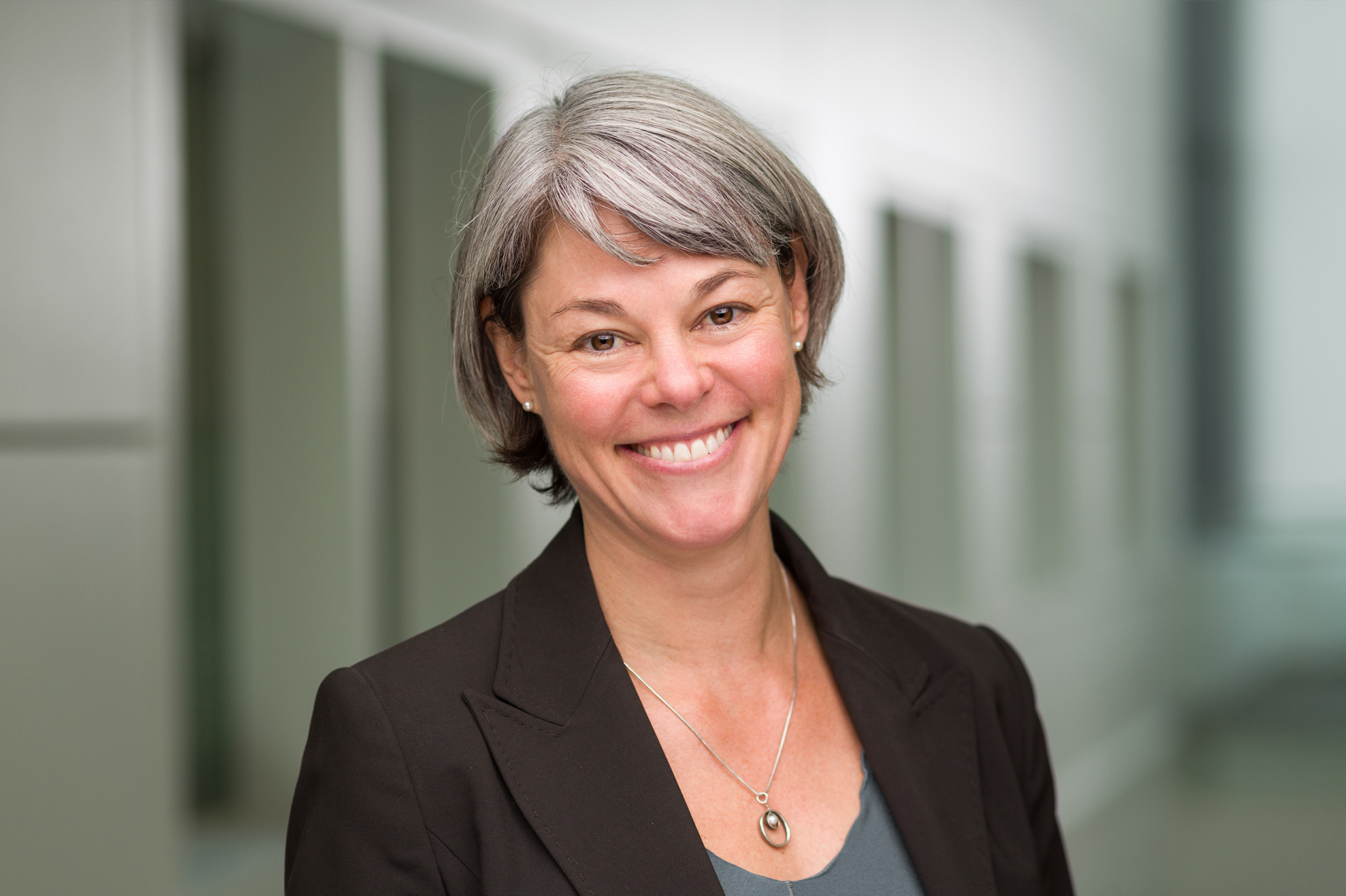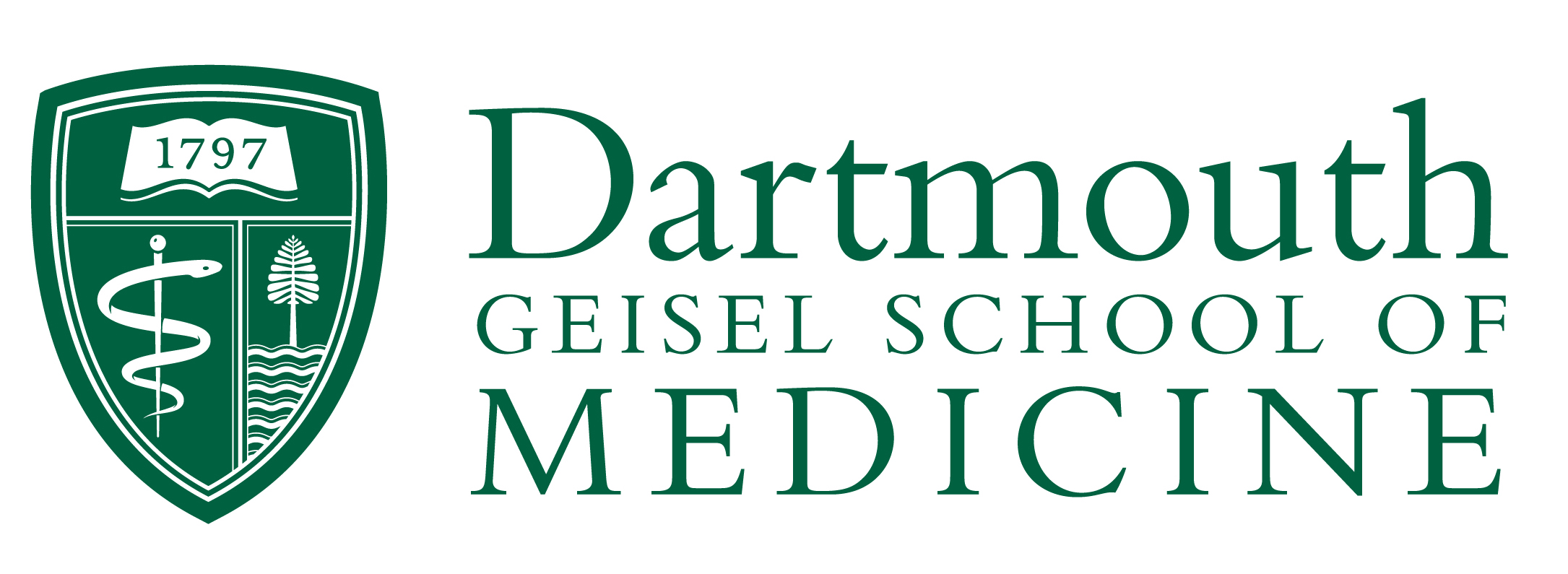
The year was 1994, and Amber Barnato, MD, MS, MPH, a young general surgeon in training at the University of Colorado Health Sciences Center, had reached a critical crossroad.
“This was before work-hour restrictions were put into place for residency training, so we were working about 110 hours a week. In my first couple of weeks, I was assigned to cover the ICUs—a PGY-2 job—when two PGY-2 residents quit,” recalls Barnato, who had earned a BA in physiology at the University of California, Berkeley, and an MD at Harvard Medical School prior to her internship.
“We were seeing a lot of patients who were sick enough to die, but we weren’t really talking to their families about what to expect, other than saying, ‘We’re doing everything we can,’” she says. “It was a time when we lacked knowledge about how best to care for them—this was before the existence of interdisciplinary palliative care consultation teams. I worried that our treatments weren’t helping them get any better, and that they might also be causing them harm.”
Despite loving the field of general surgery—and operating in particular—Barnato felt overwhelmed and discouraged by her internship experience. She decided to leave the residency and moved home to take stock. “My mom was quite concerned to see me go from starting this very promising career in medicine to being a bit lost and unsure about what I wanted to do,” she says.
But then Barnato saw a research paper led by researchers at Dartmouth and 10 other medical centers—part of a groundbreaking series of studies on variation in medical care inspired by Dr. Jack Wennberg’s observations in the 1970s—that would inspire her to re-enter medicine. Wennberg is widely recognized as the pioneer and leading researcher of unwarranted variation in the U.S. healthcare system.
“It was called the Study to Understand Prognoses and Preferences for Outcomes and Risks of Treatments, published in JAMA in 1995,” she remembers, “and it detailed the end-of-life experiences of patients who were seriously ill at five teaching hospitals. It really helped me make sense of what I had observed as a physician in training. I thought, ‘Okay, this is happening on a national scale and others are seeing it as a cause of concern—so I’m not crazy. Maybe I can devote my career to understanding it and making it better.’”
To that end, Barnato switched her residency specialty from general surgery to general preventive medicine and public health—completing her training at the California Department of Health Services in Sacramento after earning an MPH in health policy and administration at the University of California, Berkeley. She then completed a three-year Agency for Healthcare Research and Quality-funded healthcare research and policy fellowship at Stanford University, including an MS in health services research.
Over the next two decades, Barnato would become a highly respected researcher, devoting her career to studying variation in end-of-life ICU and life-sustaining treatment use. This has included publishing more than 100 research articles, advising over 60 medical students committed to clinical research careers, and mentoring eight faculty through their transition to research independence.
“My work has focused on isolating mechanisms that underlie differences in treatment decisions from one doctor to another for otherwise similar patients,” she explains. “And, it has led to an explanatory model for the ways that organizational norms affect providers’ decision-making, their communication patterns with patients, and resulting patient and family expectations.”
After a highly successful tenure at the University of Pittsburgh School of Medicine where she served in several key leadership roles, Barnato joined the Dartmouth community in 2017, as a professor of The Dartmouth Institute for Health Policy and Clinical Practice and of Geisel, and as the inaugural Susan J. and Richard M. Levy 1960 Distinguished Professor in Health Care Delivery at Dartmouth College.
As part of her transition to Dartmouth, she completed a hospice and palliative care fellowship at Dartmouth-Hitchcock (D-H), becoming a regular (part time) member of D-H’s palliative care service. “It’s been a wonderful experience, one that has allowed me to reconnect with my clinical roots,” says Barnato. “I feel privileged to interact with patients and their families during such a critical time, and with other providers at D-H.”
In July 2021, Barnato was, fittingly, named the new director of The Dartmouth Institute—the same institute that Wennberg founded in 1988 as the Center for Evaluative Clinical Sciences and that had inspired her to change her career trajectory. There, she is leading a diverse group of scholars, researchers, clinicians, students, and administrators who are striving to advance The Dartmouth Institute’s mission of partnering with individuals and organizations to improve population health, reduce disparities, and create high-performing, sustainable health systems.
“It’s profoundly meaningful for me to be able to serve in this key leadership role, along with so many talented and committed colleagues at Dartmouth,” says Barnato, who’s main goals include growing and diversifying The Dartmouth Institute’s faculty and developing policy and practice solutions to address systemic inequities in healthcare among marginalized populations.
As she looks back and considers the course of her career, Barnato thinks of her mom, who passed away in 1997. “She would be so grateful, I think, to see that I ultimately found my way again,” she says, “and to know that I’ve found work that is so rewarding.”




